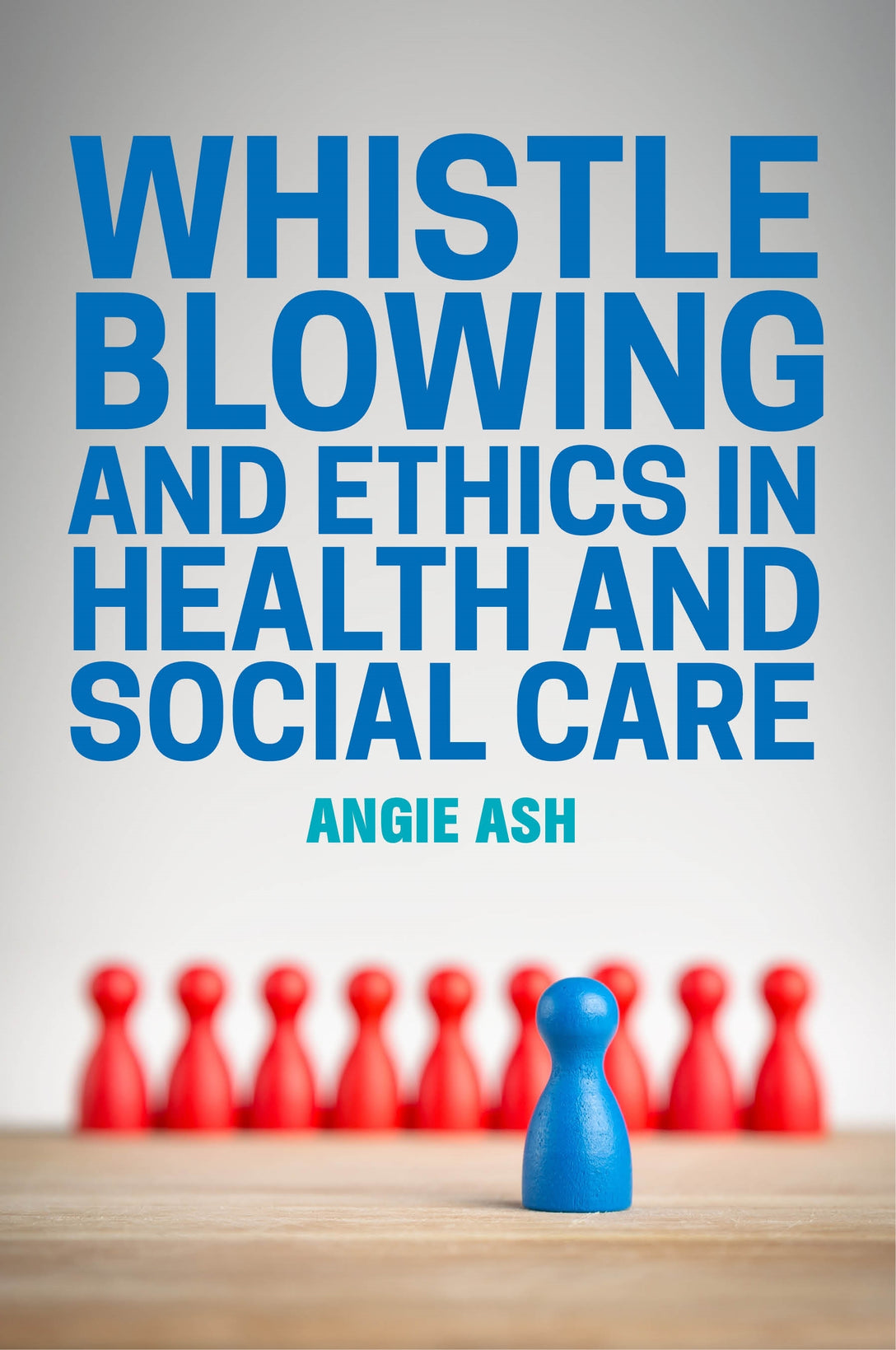
Press Reviews
Michael Mandelstam, Author of How We Treat the Sick: Neglect and Abuse in Our Health Services and Betraying the NHS: Health Abandoned
Whistleblowing and Ethics in Health and Social Care is more than timely. In-depth and well researched, its themes hit the mark - including organisational culture, paradoxes, corrupt practices, silence, by-standing and blind spots - as do the many disturbing examples given. Ethical leadership may be a solution as good as any, as the book suggests, but ethical leadership seems, in reality, scarce on the ground, thus making the book all the more important to remind us of the magnitude of the problem.
Dr. Ray Jones, Professor of Social Work, Kingston University and St George's, University of London
Angie Ash has prepared a text which is readable, relevant and required. It is required and relevant especially at this time when public services, and public sector workers, are being compromised by cuts which are having a damaging impact on those who need to use, especially, health and social care services. Through informed and passionate analysis, this book explores the realities and risks of whistleblowing but also highlights its crucial importance and value.
Narinder Kapur, Visiting Professor of Neuropsychology, University College London and NHS whistleblower who has written articles on patient safety
This is an excellent account of whistleblowing in the field of health and social care. It is one of the first books to systematically and comprehensively analyse some of the key issues that arise when whistleblowers try to raise their heads above the parapet. It is essential reading for those who wish to understand how to improve the life of the whistleblower and those who wish to make organizations a better place for speaking out.
Sharmila Chowdhury, NHS whistleblower, www.sharmilachowdhury.com
A highly recommended 'must read' book for not just those in the NHS but for policy makers, governments and the general public, in order to gain an understanding of whistleblowing which has huge implications on patient and staff safety, as well as in some instances on the public purse. The book is extremely well researched and is unique in its in-depth analysis of whistleblowing in the health sector. It should be made compulsory for all NHS managers and politicians to read, so that they have a better appreciation and enable appropriate action to be taken when faced with staff raising concerns.
Nushra Mansuri, Professional Officer (BASW England)
This is a very important and timely publication given all the recent interest in and publicity about whistleblowing in the public sector with a particular focus on health and social care. What I very much value about this book is that it is not simply about the nuts and bolts of whistleblowing in respect of policy and procedure but it seeks to unearth some of the very real and fraught complexities experienced by those who have been involved in whistleblowing scenarios. Ash quite rightly encourages the reader to unpack the various layers that shroud this activity and in my view she has produced a critical analysis that should both provoke debate and be actively referenced in current and future debates. A must read for all health and social care professionals.
China Journal of Social Work
This is an important book for people who are working at the management level. Although the author primarily uses health and social care organisations in the UK as examples, the central points of this book also apply to other countries and benefit those who are working in government and commercial companies as well. The author makes use of some basic sociological theories, such as socialisation, social learning theory, the concept of deviance, normalisation process, etc., in illustrating how organisational culture and leadership style can influence the acceptance of whistleblowing.
